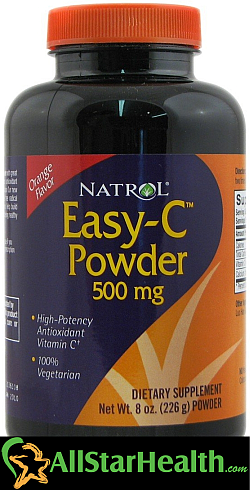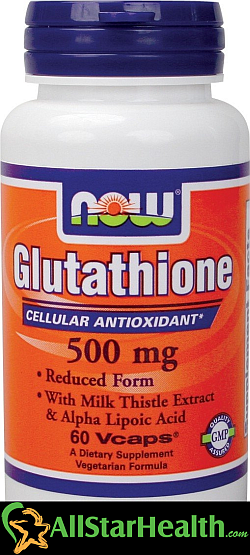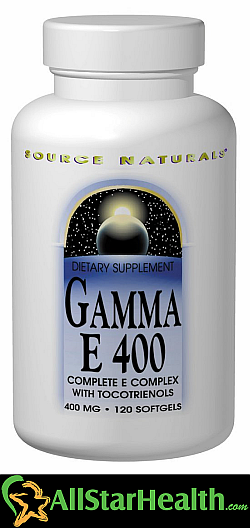Curcumin supplements and smoking don’t mix.
In a study reminiscent of the back-and-forth over whether beta carotene increases lung cancer risk in smokers or not, a study now suggests that curcumin too can increase the risk of lung cancer development when cancer-promoting factors like smoking, or a history of smoking, are present. As a possible mechanism for this effect, the researchers suggested that curcumin may promote cancer in smokers by accelerating the formation of free radicals in damaged lung tissue.
Curcumin is an extract of the familiar herb turmeric. Curcumin/turmeric has been used as a medicinal herb since antiquity, and today curcumin supplements are commonly used for a wide-range of health problems: joint comfort, liver support and detoxification, cardiovascular health, better digestion. Curcumin has already been shown to inhibit other forms of cancer such as colon cancer, and already been shown to be an antioxidant, too, so these results are as surprising as they are sure to be disappointing to the many smokers who use curcumin.
What are free radicals? Free radicals, also known as ROS or reactive oxygen species, are highly unstable chemicals that can damage whatever they contact both inside and outside of cells, just like bleach damages whatever clothing it contacts. If a cell’s DNA – which regulates its growth and reproduction – becomes chemically damaged by free radicals, it greatly increases the potential development of cancer (cancer is un-regulated cell growth and reproduction).
There’s no escape from free radicals – they arise as a result of natural processes like normal metabolism and exercise and we have many built-in protective and compensatory mechanisms for dealing with free radicals. But some un-natural processes like smoking, pollution and alcohol can generate huge quantities of free radicals, enough to overwhelm our protective mechanism.
This is well-known, and why so many people use antioxidant nutrients like vitamin C to help protect the health of their cells. These users include smokers, non-smokers and ex-smokers.
In fact, among smokers who use supplements, curcumin must seem like a pretty attractive option; Smoking is known to be bad for the heart and vascular system and cigarette smoke contains hundreds of types of toxins. Curcumin supplements are known to be good for the heart, to support liver detoxification, and they’re inexpensive.
Setting aside the obvious point that smoking is extremely unhealthy and everyone who smokes should quit today, those smokers do use nutritional supplements to protect their health are probably a lot better off than those who don’t. But in light of this study, they’d be better off with antioxidants like vitamin C, vitamin E, alpha lipoic acid, glutathione and N-acetyl cysteine.
- Posted in Health, Nutrition and Science News
- 2 Comments







